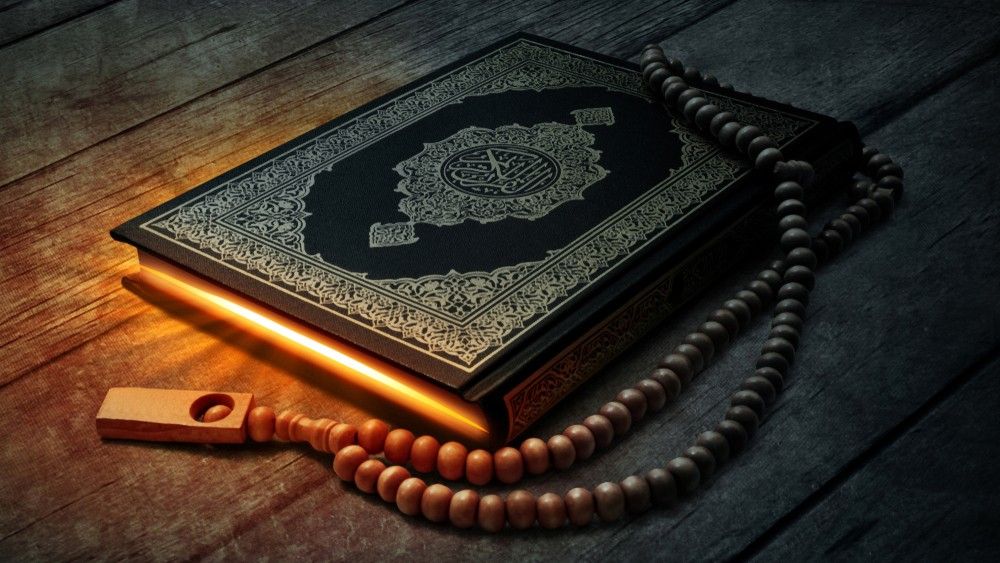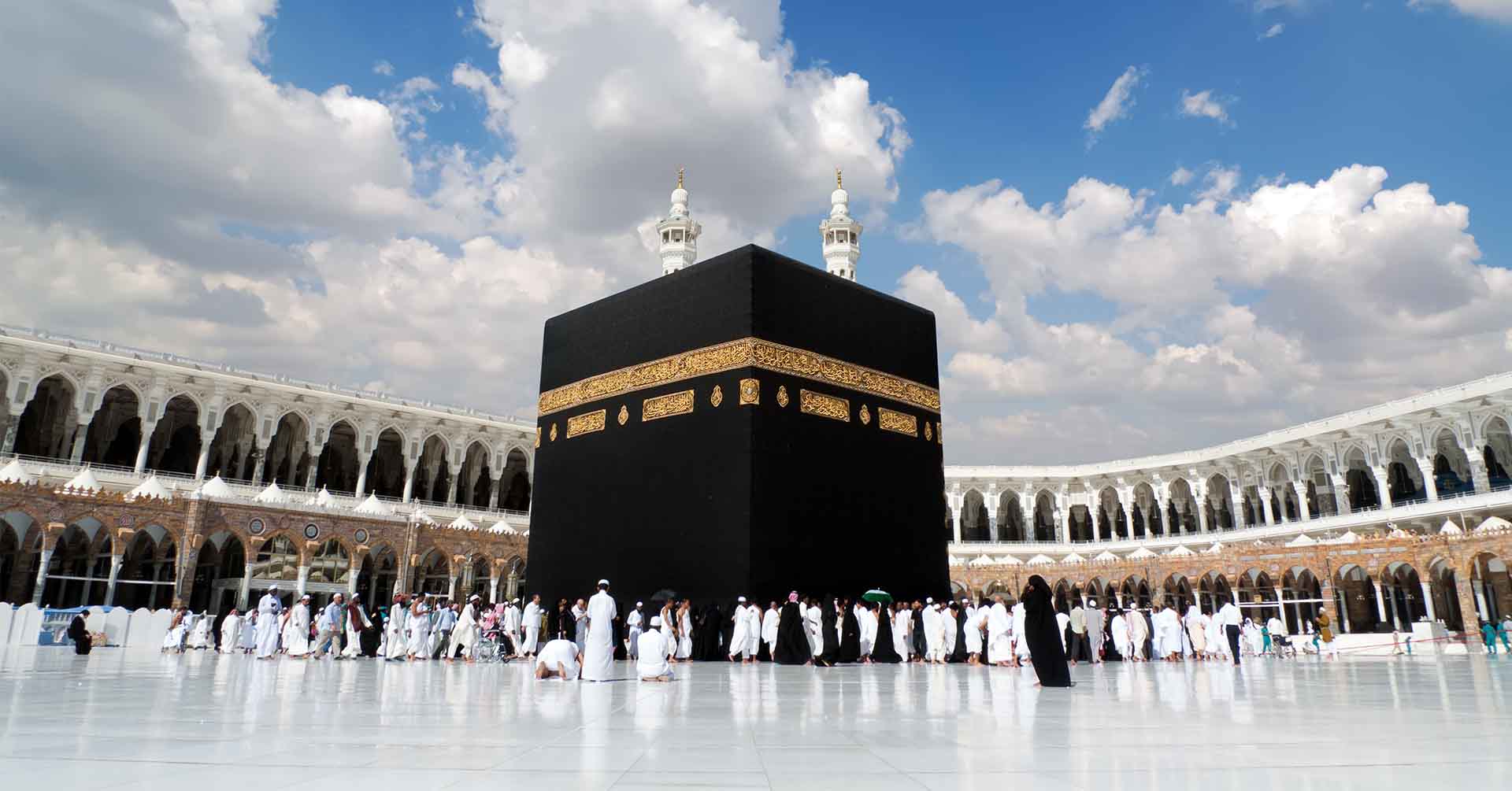BELIEFS AND PILLARS OF ISLAM
Introduction
Islam is a monotheistic religion that was founded in the 7th century by the Prophet Muhammad in the Arabian Peninsula. Muslims, the followers of Islam, believe in one God, Allah, and follow the teachings of the Quran, the holy book of Islam. The beliefs of Islam are central to the religion and shape the daily lives of Muslims around the world.
Belief in One God

The fundamental belief of Islam is in the oneness of God, also known as Tawhid. Muslims believe that there is no god but Allah and that he is the creator and sustainer of the universe. This belief is the foundation of the Islamic faith, and it is essential for Muslims to reaffirm their belief in Tawhid every day.
The Prophets of Islam
Islam recognizes many prophets, including Adam, Noah, Abraham, Moses, and Jesus, who are all considered messengers of Allah. Muslims believe that the final prophet was Muhammad, who received the Quran through the angel Gabriel. Muslims believe that the prophets were chosen by Allah to deliver his message to humanity and to guide them toward righteousness.
The Holy Quran
The Quran is the holy book of Islam and is considered the final revelation from Allah to humanity. Muslims believe that the Quran is the literal word of Allah and contains guidance on all aspects of life, including faith, morality, and social norms. Muslims recite the Quran in their daily prayers and strive to live according to its teachings.
The Five Pillars of Islam
The five pillars of Islam are the basic practices that Muslims are required to follow. They are:
-
Shahada - the declaration of faith in the oneness of God and the prophethood of Muhammad.
-
Salat - the performance of five daily prayers at specific times.
-
Zakat - the giving of alms to the poor and needy.
-
Sawm - fasting during the month of Ramadan.
-
Hajj - the pilgrimage to the holy city of Mecca at least once in a lifetime, for those who are able to do so.
The Day of Judgment
Muslims believe in the Day of Judgment when Allah will judge all humans according to their deeds. Muslims believe that their actions in this life will determine their fate in the afterlife, either in paradise or in hell. This belief encourages Muslims to strive towards good deeds and to avoid sinful behavior.
The beliefs of Islam are the cornerstone of the religion and guide Muslims in their daily lives. The belief in one God, the recognition of prophets, the reverence of the Quran, the practice of the five pillars, and the belief in the Day of Judgment are some of the key tenets of Islam. By following these beliefs, Muslims aim to live a life of piety and righteousness, in accordance with the will of Allah.
The Pillars of Islam: The Five Fundamental Practices

Islam is one of the world's largest religions, with over a billion followers around the globe. At the core of Islamic belief are five fundamental practices, known as the Five Pillars of Islam. These pillars represent the foundation of the Islamic faith and serve as a guide for Muslims to lead a life of devotion, morality, and social responsibility. In this article, we will discuss each of the five pillars of Islam in detail.
Shahada: Declaration of Faith
The first and most important pillar of Islam is the Shahada, which is the declaration of faith in one God (Allah) and the prophet Muhammad. It is considered the most important principle in Islam and is recited by Muslims all over the world during their daily prayers. The Shahada is as follows: "There is no god but Allah, and Muhammad is his messenger." By reciting this declaration, a Muslim affirms their belief in the unity of God and the prophethood of Muhammad.
Salah: Prayer
The second pillar of Islam is Salah, or prayer. Muslims are required to pray five times a day, facing toward the Kaaba in Mecca, Saudi Arabia. The five daily prayers are Fajr (dawn), Zuhr (midday), Asr (afternoon), Maghrib (sunset), and Isha (night). The prayers are performed at specific times of the day and involve a series of physical postures and recitations from the Quran. Through prayer, Muslims aim to connect with God and seek His guidance and blessings.
Zakat: Charity
The third pillar of Islam is Zakat or charity. Muslims are obligated to give a certain percentage of their wealth (usually 2.5%) to those in need. Zakat is considered an act of purification and a means of helping the less fortunate members of society. It is believed that by giving to others, one's own wealth and blessings increase, and a sense of community and compassion is fostered.
Sawm: Fasting
The fourth pillar of Islam is Sawm or fasting. Muslims are required to fast during the month of Ramadan, which is the ninth month of the Islamic calendar. Fasting involves abstaining from food, drink, and other physical needs from dawn until sunset. Through fasting, Muslims aim to strengthen their faith and develop self-discipline, patience, and empathy for those who are less fortunate.
Hajj: Pilgrimage

The fifth and final pillar of Islam is Hajj or pilgrimage. Muslims who are physically and financially able are required to make a pilgrimage to the holy city of Mecca at least once in their lifetime. The pilgrimage takes place during the Islamic month of Dhu al-Hijjah and involves a series of rituals, including the circling of the Kaaba, standing at the plain of Arafat, and the symbolic stoning of the devil. The Hajj is considered a transformative experience, allowing Muslims to connect with their faith and unite with fellow believers from around the world.
In conclusion,
the Five Pillars of Islam represent the core beliefs and practices of the Islamic faith. Each of these pillars and beliefs serves as a guide for Muslims to lead a life of devotion, morality, and social responsibility. Through the declaration of faith, prayer, charity, fasting, and pilgrimage, Muslims seek to strengthen their relationship with God and fulfill their role as members of a larger global community.


You must be logged in to post a comment.